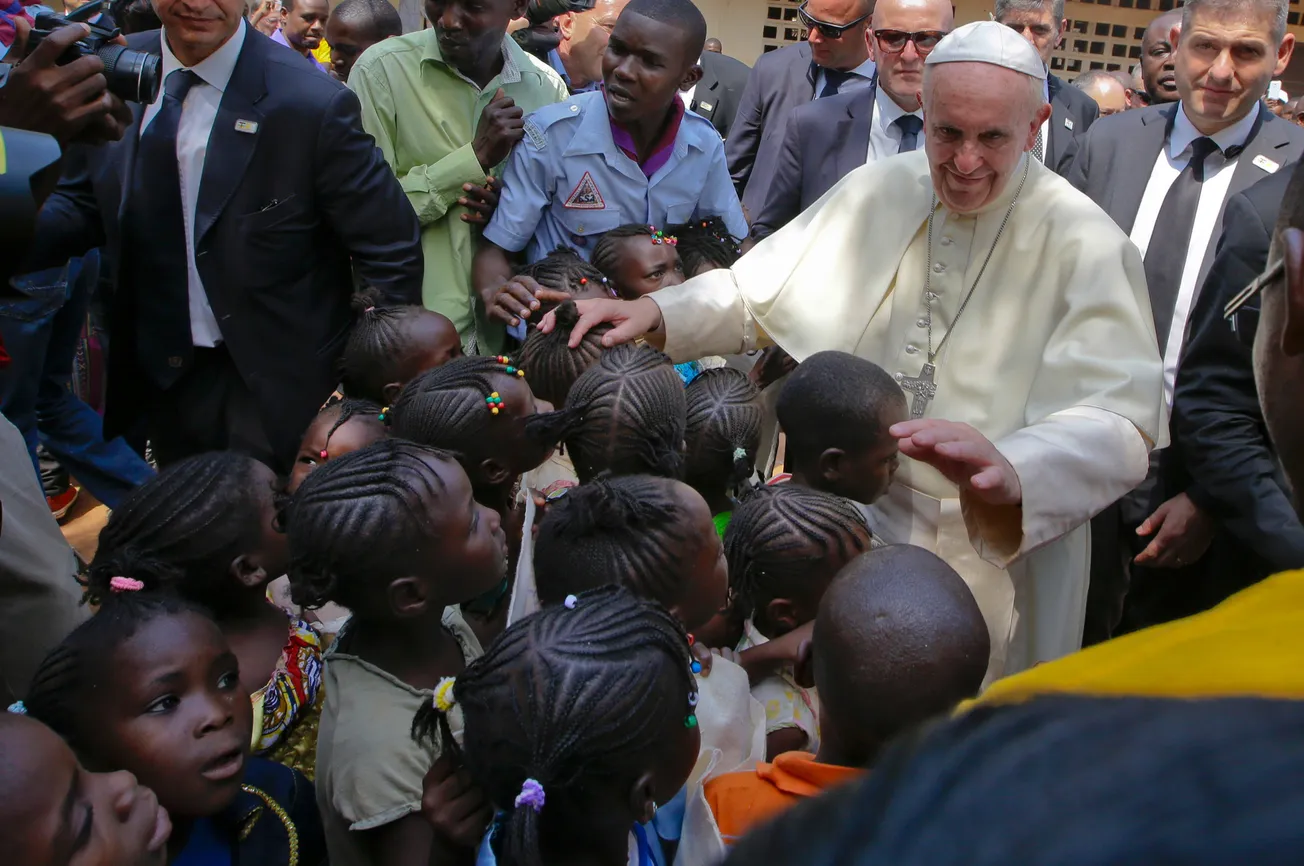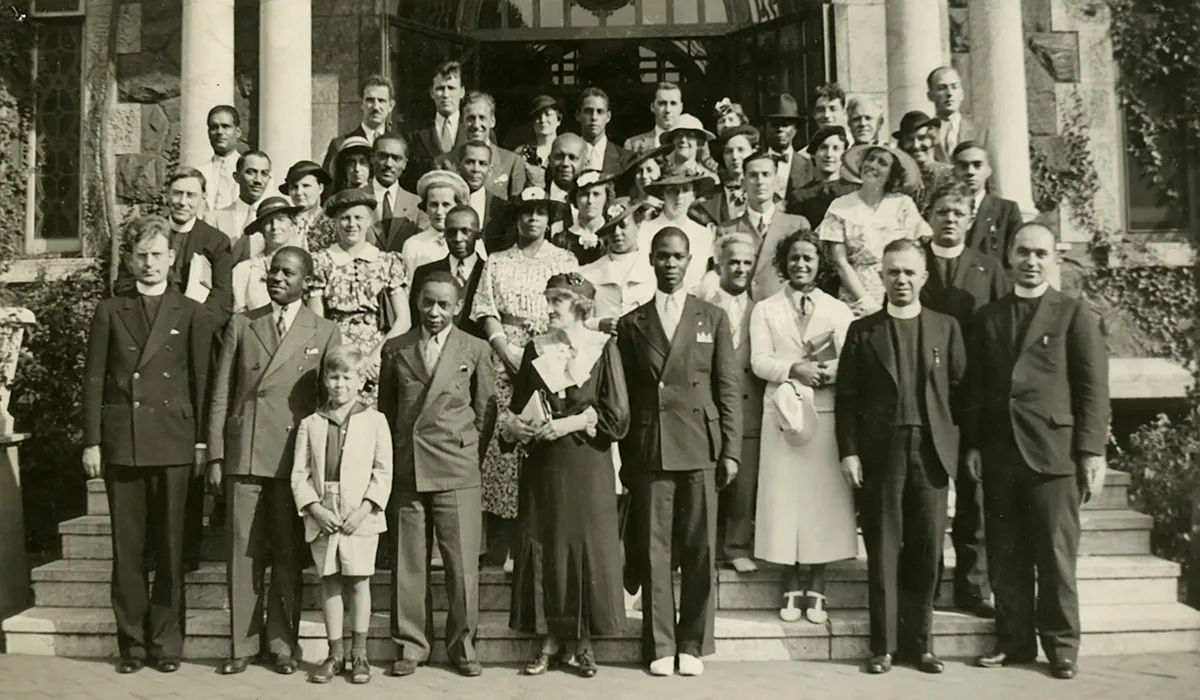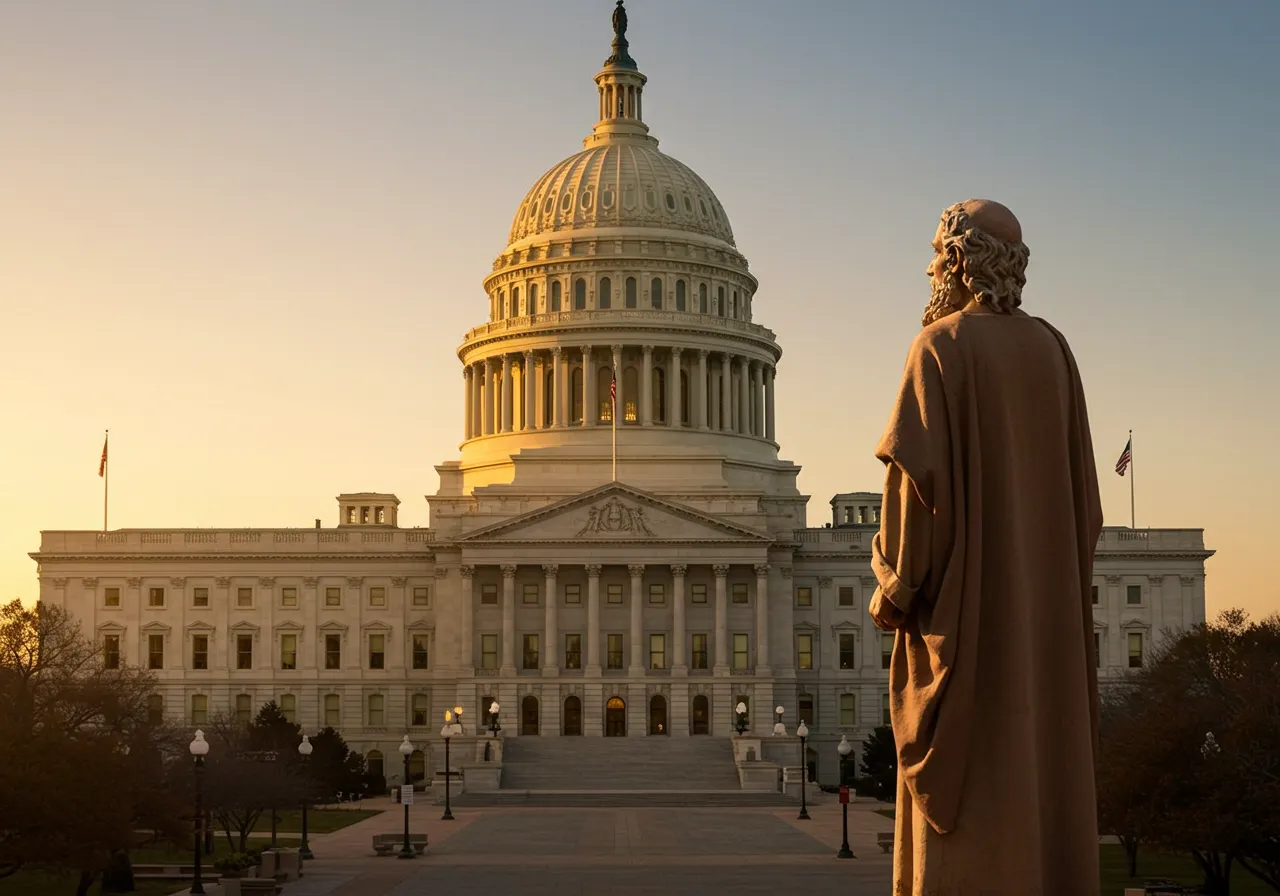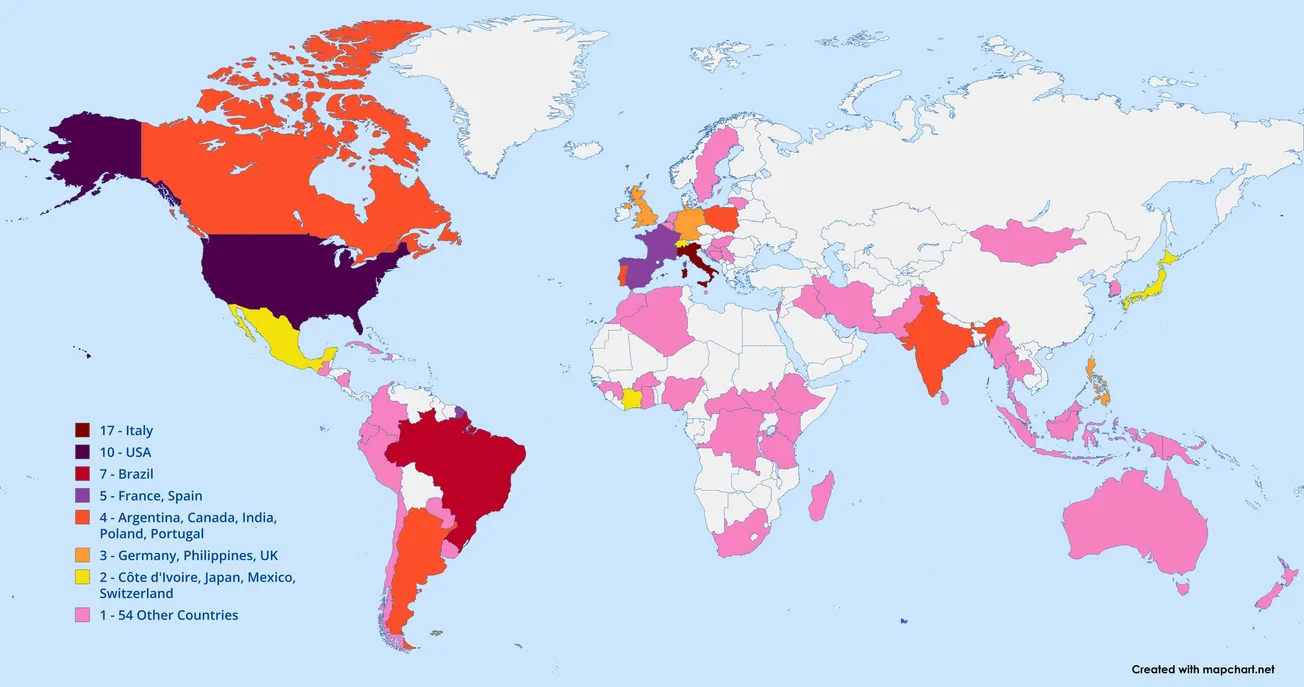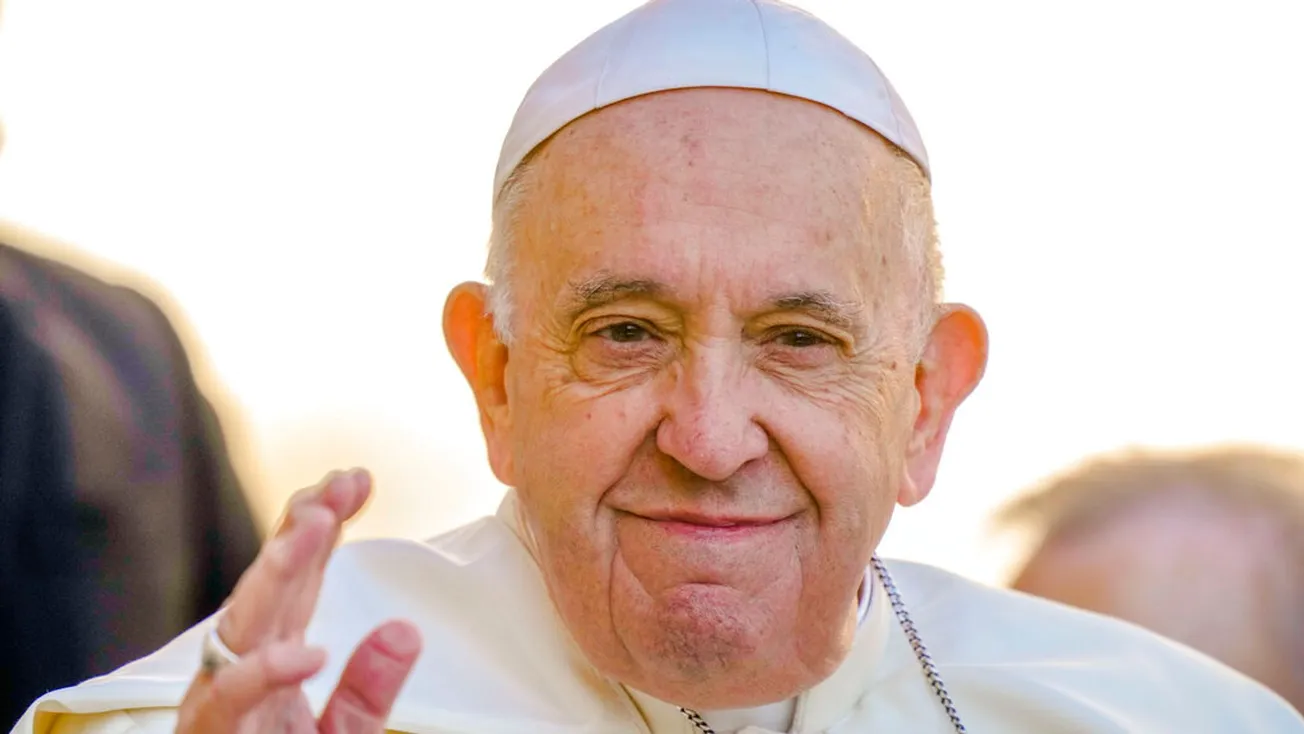While not everyone will see this side of me, I am an emotional person. Always have been and always will. By “emotional,” I mean exhibiting feelings of happiness, sadness, anger, and love beyond the norms that people expect. “Dramatic” might be the better word. I cry during Disney movies, rom-coms, and K-dramas, am super excited to watch or play soccer, and laugh or giggle a lot when spending time with friends. I am also super anxious about decisions I make, fret about my relationships with people (romantic or platonic), angry about what is happening in the world, sad when things do not go as planned, and often worry that I made the wrong decision. I could display any combination of these emotions on any given day.
This is not necessarily a good or bad thing about me, but it is something that happens regularly. Events in life can hit me hard. Whether or not I choose to show it to others is another thing completely. I choose carefully who I show my emotions to and even then, I sometimes question myself. Sharing that aspect of myself can be very personal and intimate for me, so if I do choose to share, it is because I trust and care about that person.
Those who I do not share myself with might see me as either a quiet, shy person who gives little to work with in terms of emotion or, in the right spaces, as someone who is completely happy and has loads of energy. I am probably more of the latter.
I mention all of this because while I can be selective with my outward feelings to most people, there is an issue that in the past several years I have noticed causes my emotions to spill over no matter the context. That issue is racism.
Anti-racism work is something I have been a part of in some form or fashion for more than a decade. Whether meeting with people who also have an interest in the work, facilitating conversations, doing a workshop, sharing my opinions, or being an advocate for certain issues, I have tried—at least in the ways that work for me—to be someone who continues to work for true equality by addressing inequalities. While I know there will probably never be true equality in this world and that I am not addressing all the issues that need attention, I am trying and spending my time, talent, and treasure to make sure the needle moves. Sometimes I think my personality dictates that I expect the same of other people. Usually though, when I get upset at people because they are not putting in the same effort, I keep it inside. I internalize my anger, for better or for worse. When I am angry, I lose control and cannot convey the right emotions and clarity I want to express. It is kind of ugly. So, I work to keep it under control and be calm externally. It has not worked so well with racism.
I have noticed that several times over the past few years, since the murder of George Floyd in 2020, the barrier has slipped a bit. It might be because that sad but impactful moment in the lives of people across the world created a sense of urgency for me. As has been said by many, “If we do not get it done now, then people will move on and we will be back at square one.”
With almost four years passed, I can say that they are not completely wrong, but some things have changed for the better. However, the conversations about racism that characterized the post-Floyd movement are not happening as frequently. There is more pushback now than there was in May or June of 2020 (though some were never on board). Tons of issues and events of the last four years have made racism important in theory, but not as urgent. “[insert hot-button topic] is the most prominent issue right now.” “Transformation of the heart takes time.”
While the former will always bother me—because people have been saying the same thing since the beginning of time, it seems—the latter, in some moments, I get. I try to think with a clear and optimistic mind about what it means to be patient with transformation of the heart. Other times I heat up really, really, fast and soon send an email or letter adding my two somewhat angry cents expressing my disappointment and trying to hold someone accountable for what I perceive to be racist actions. In the moments afterward, I look back and ask, “How angry did I come across? I wonder what they think about me. Is this helping?” Then I go through all the emotions to which I am accustomed and wonder what to do next. In the end, I usually back off. Call it a personality trait. Call it internalized racism for not wanting to be seen as an angry Black man. Either way, it happens more often than not.
When a Catholic website that sold icebreaker games had one that used smiling and angry Kanye West faces as part of a game. I wrote asking them if they knew how inappropriate this was, given Kanye’s history of bipolar disorder and his sometimes derogatory and incendiary statements about the Black community. I got an email back saying that the team leaders will look at the issue and act based on their decisions. The game was taken off the site for a few weeks. I was happy. It went back up afterward. Would I continue to fight it and worry that I would be reckoned a madman raving about this one thing? Nope. I just left them alone, never recommending them to anyone but keeping everything as-is. I feel I did the right thing but my hot emotions run the opposite way after a while. In that first moment of anger, I had to give them a piece of my mind and hope they change.
I do not think that anyone can blame me for how I feel about racism. The longer we wait to address the issue in our communities and our institutions (yes, even our churches), the more lives are changed for the worse—and that is on all of us. That said, I see how people can be viewed after fighting for so long. Looked at as being emotional, angry, and irrational. Does it help the cause? Is there a better way? For someone as measured as me, these moments can be jarring and yet help us reflect on how we get things done. Does anger spark change or only love and patience? Both? Should cooler heads always prevail or does expressing strong emotions and thoughts bring a sense of weight to an issue we are still trying to deal with?
I do not know, honestly, and in the midst of all of my emotions and my true dramatic nature, it is one that I continue to wrestle with. And if you are lucky enough to be one of my friends, we can deal with these emotions and thoughts together. So let us all be friends.
Rudy Dehaney is a Baltimore native and currently a lay ecclesial minister at Blessed Sacrament and St. Matthew parishes in Baltimore. He is also the campus minister at Notre Dame Maryland University.



